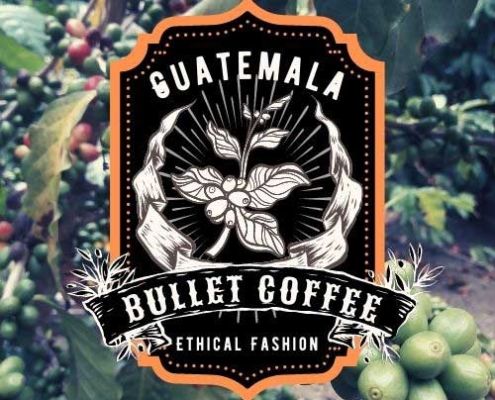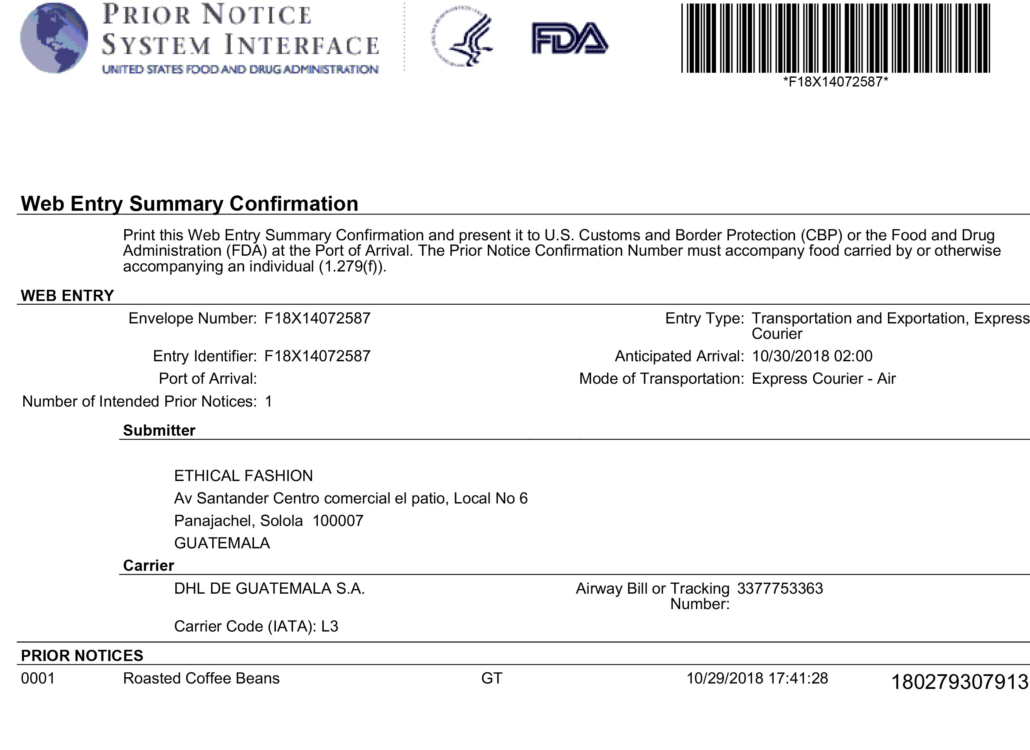Shipping Coffee or Cacao Worldwide
Shipping coffee or cacao worldwide involves several key considerations to ensure the transportation process is efficient and the quality of the products is preserved. Here are some important factors to keep in mind.
If you are shipping coffee or cacao worldwide, you could be paying more for a complex shipping process than you need to.
Ethical Fashion Guatemala supports local businesses by enabling cheaper shipping for coffee and cacao and servicing 97 countries worldwide.
With our exceptionally high success rate, we can ensure you never have a shipment of coffee roasted and rejected again.
This ensures we can export green and roasted coffee in a simple, transparent, and secure method, with prices you can trust.
Not only are we specializing in shipping from our location at Lake Atitlan, but we also have the opportunity to ship from anywhere within Central America for up to $800 to the US custom free.
This, along with the benefit of the goods being collected by a trusted, recognized DHL courier driver, ensures your business’s most efficient and competitive strategy.
Don’t only listen to us, but listen to the businesses that have benefited from our services for years.
Ethical Fashion Guatemala LLC Services all of Central America.
- Packaging: Proper packaging is crucial to protect coffee or cacao during shipping. The products should be packaged in durable, airtight bags or containers that provide protection against moisture, light, and oxygen. Vacuum-sealed or nitrogen-flushed packaging can help maintain freshness and prevent flavor degradation.
- Storage Conditions: Coffee and cacao are sensitive to temperature and humidity. They should be stored in cool, dry environments to prevent spoilage or the development of off-flavors. During transportation, it is essential to monitor and control storage conditions to maintain the quality of the products.
- Logistics and Transportation: When shipping coffee or cacao internationally, it is important to select reliable shipping methods and logistics providers with experience in handling perishable goods. Shipping options may include air freight or sea freight, depending on the distance and urgency of delivery. It is important to consider transit times, temperature-controlled transportation if necessary, and customs procedures in the destination country.
- Regulatory Compliance: International shipments of coffee or cacao are subject to customs regulations and requirements. It is essential to ensure compliance with export and import regulations, including documentation, permits, and certifications. Additionally, specific countries may have additional requirements, such as phytosanitary certificates or origin certifications, which need to be obtained to facilitate smooth customs clearance.
- Traceability and Certifications: Many coffee and cacao producers and exporters prioritize traceability and certifications to demonstrate the quality and sustainability of their products. Certifications such as Fair Trade, Organic, Rainforest Alliance, or UTZ can add value and help differentiate the products in the market. Maintaining the integrity of these certifications throughout the shipping process is crucial.
- Timeliness: Coffee and cacao are perishable products, and freshness is crucial to maintain their quality. It is important to plan shipping schedules to minimize transit times and ensure that the products reach their destination promptly. This requires coordination with suppliers, logistics partners, and customers to streamline the shipping process.
- Documentation and Insurance: Proper documentation, including invoices, packing lists, and certificates, is essential for international shipping. It is also advisable to obtain insurance coverage to protect against potential damages or losses during transit.
Working with experienced exporters, freight forwarders, and logistics providers can greatly facilitate the shipping process for coffee or cacao.





 Ethical Fashion Guatemala
Ethical Fashion Guatemala Ethical Fashion Guatemala
Ethical Fashion Guatemala